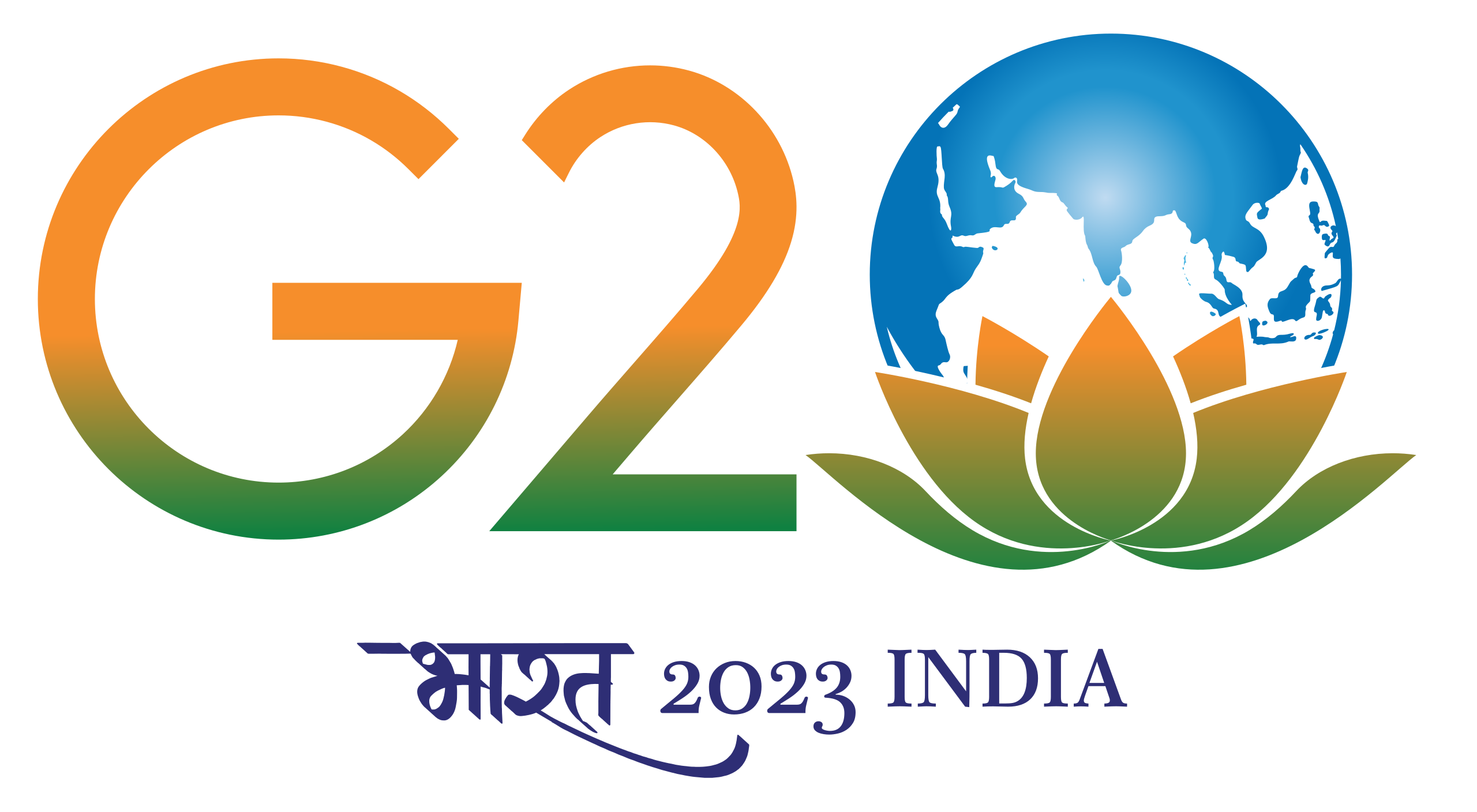Dr. Susmita Das

Dr. Susmita Das
Assistant Professor
Office Address:
Dept of Chemical Engineering Department NIT Calicut Kozhikode Kerala
PHD: Indian Institute of Technology-Kanpur,Chemical Engineering Department,2013
M. Tech.: Jadavpur University, Chemical Engineering Department,West Bengal,2006
B.Tech: Haldia Institute of Technology, Chemical Engineering Department, West Bengal, 2004
Educational Qualifications
-
PHD: Indian Institute of Technology-Kanpur,Chemical Engineering Department,2013
-
M. Tech.: Jadavpur University, Chemical Engineering Department,West Bengal,2006
-
B.Tech: Haldia Institute of Technology, Chemical Engineering Department, West Bengal, 2004
Professional Experience
-
Assistant Professor in the Department of Chemical Engineering, NIT-Calicut from May, 2018 onwards.
-
DST-Young Scientist Fellow in the Department of Chemical Engineering, Indian Institute of Technology-Roorkee from 2015 to 2018.
-
Post-Doctoral Fellow in the Department of Chemical Engineering, Indian Institute of Technology-Roorkee, 2014 to 2015.
-
Guest Faculty in the Department of Polymer and Process Engineering, Indian Institute of Technology-Roorkee one semester, 2014.
-
Served as Chemical Engineer in C. P. Consultant Pvt. Ltd. New Delhi, 6 months, 2006.
. P. I. of the DST- Fast Track project on “Bio-inspired fracture of soft gel” during 2015-2018.
2. P. I. of the SERB -SRG project on “Microfluidic photocatalytic reactor for waste water treatment” during 2020-2022.
3. P.I. of Faculty Research Grant, Microfluidic photocatalytic degradation of dyes exploiting ZnO based nanocomposite, Rs: 5 L, 2019 onwards.
4. S Das, UG Innovative Project, Synthesis of TiO2.MgO nanocomposite by electrochemical method and its antibacterial and photocatalytic activity. Rs. 1 L, 2019 -2020.
- Assistant Professor in the Department of Chemical Engineering, NIT-Calicut from May, 2018 onwards.
- DST-Young Scientist Fellow in the Department of Chemical Engineering, Indian Institute of Technology-Roorkee from 2015 to 2018.
- Post-Doctoral Fellow in the Department of Chemical Engineering, Indian Institute of Technology-Roorkee, 2014 to 2015.
- Guest Faculty in the Department of Polymer and Process Engineering, Indian Institute of Technology-Roorkee one semester, 2014.
- Served as Chemical Engineer in C. P. Consultant Pvt. Ltd. New Delhi, 6 months, 2006.
- US Patent -9869596, “A non-contact method for measurement of strain profile at a location interposed within a soft deformable object with dynamic evolution of the strain under dynamic loading or fracture of the object”. A. Ghatak, S. Das and S. Laha, US 14/888,211 (PCT/IN2014/000283), IndIan Council of Medical Research and IIT-Kanpur, Granted on 16.01.2018.
- Indian Patent “A needle for puncturing”. A. Ghatak and S. Das, Application Number: 3053/DEL/2010 filed by IIT-Kanpur on December 21, 2010.
- Received SERB-Young Scientist Fellowship
- Intellectual Ventures Invention Award (IN-810177), By Intellectual Ventures Asia PTE ltd 2010 for patent.
- The paper “Puncturing of soft gel with multi-tip needles”. Susmita Das and Animangsu Ghatak , Journal of Material Science Vol. 46, 2011, pp. 2895-2904 has been selected as one of the twelve Finalist for The Sapphire Prize, 2011 by Journal of Material Science, Springer.
- Shortlisted for “M P Chary Award” 2012 held in SCHEMCON 2012.
Received DST-Young Scientist Fellowship from 2015-2018
. One of my student S. Vishwanathan received "BEST PAPER AWARD" in the international conference ICHEEC2021 Organizing team at NIT Jalandhar ,2021
- Shalini V, S Das, “Textile effluent treatment by electrochemical methods -A critical review” Accepted in Woodhead publications Ltd. 2019.
- S. Das, A. Ghatak, “Puncturing of soft gel with multi-tip needles”. Journal of Material Science 46 (2011) 2895-2904.
- S. Das, S. Laha, A. Ghatak, “Co-operative effect of closely spaced intruding objects puncturing into a soft solid”. Soft Matter 10 (2014) 6059-6067.
- S. Das, V. C. Srivastava, “Copper succinate nanoparticles synthesis by electrochemical method: Effect of pH on structural, thermal and textural properties”. Materials Letters 150 (2015) 130-134.
- S. Das, V. C. Srivastava, “Heretical nanostructured ZnO.CuO nanocomposite and its photocatalytic activity”. Journal of Nano Research 35 (2015) 21-26
- S. Das, V. C. Srivastava, “Synthesis and characterization of ZnO-MgO nanocomposite by co-precipitation method” Smart Science 4 (2016) 190-195.
- S. Das, V. C. Srivastava, “Microfluidic-based photocatalytic microreactor for environmental application: A review of fabrication substrates and techniques, and operating parameters” Photochemical & Photobiological Sciences 15 (2016) 714-730.
- S. Das, V. C. Srivastava, “Synthesis and Characterization of Copper Succinate and Copper Oxide Nanoparticles by Electrochemical Treatment: Optimization by Taguchi Robust Analysis”. Canadian Journal of Chemical Engineering 94 (2016) 1322-1327.
- S. Das, V. C. Srivastava, “Recent advances in fabrication of photocatalytic micro-reactor” Materials Science Forum 855 (2016) 156-167.
- S. Das, V. C. Srivastava, “Synthesis and characterization of ZnO-CuO nanocomposite by electrochemical method” Materials Science in Semiconductor Processing 57 (2017) 173-177.
- S. Das, V. C. Srivastava, “An overview of synthesis of Cu doped ZnO nanocomposite and its various application.” Nanotechnology Reviews,7, 2018.
- A. Tyagi, S. Das, V. C. Srivastava, “Removal of toxic hydroquinone: comparative studies on use of iron impregnated granular activated carbon as absorbent and catalyst” Environmental Engineering Research, 2019.
- S. Vishwanathan , Sree Laxmi , S. Nandan , S. Jayan , M Lijo , S Das* “Effect of experimental parameters on photocatalytic degradation efficiency of TiO2 nanoparticles synthesized by electrochemical method towards Rhodamine B dye solution under natural sunlight” Environmental Science Pollution Research, 2022, doi: 10.1007/s11356-022-18835-6.
- S. Vishwanathan, S Das*, “Glucose-mediated one-pot hydrothermal synthesis of hollow MgO.ZnO microspheres with enhanced natural sunlight photocatalytic activity” Environmental Science and Pollution Research, 2022. doi: 10.1007/s11356-022-20283-1
- P.R.Potti· V.C.Srivastava· P.Kumar · S.Das· N.Kumar· U.L.Štangar" Synthesis of Sn‑doped ZnO catalysts by solution combustion method for photocatalytic activity: a parametric study",nternational Journal of Environmental Science and Technology , 2022, https://doi.org/10.100 /s13762-022-04315-
Soft matter, Fracture, Polymers, Nanotechnology, Environmental engineering,Microfluidic reactor.


